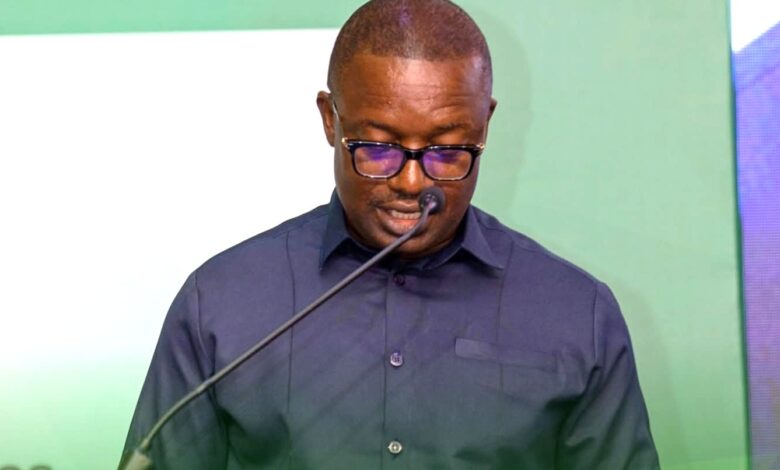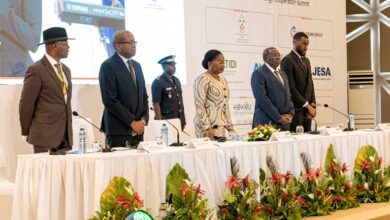Energy Poverty Still Africa’s Biggest Barrier to Growth—Jinapor Pushes for Smarter Investments

Ghana’s Minister of Energy and Green Transition, John Abdulai Jinapor, has warned that Africa’s future prosperity will remain hostage to energy poverty unless the continent attracts smarter, more sustainable investments into its energy sector.
Speaking at the opening of the two-day Future of Energy Conference 2025 in Accra, Jinapor highlighted the scale of the crisis: more than 600 million Africans still live without electricity, while over a billion depend on biomass for cooking—exposing households to health risks and stalling economic opportunities.
“Energy poverty does not just keep the lights off—it constrains growth, widens inequality, and denies Africa its rightful place in the global economy. Making our energy systems sustainable is not optional; it is the foundation of inclusive development,” Jinapor told delegates.
Financing and Policy Barriers
He noted that Africa’s industrialisation agenda cannot advance without secure, affordable, and reliable power. To achieve this, he called for financing mechanisms that are competitive and fit-for-purpose, stressing the urgency of de-risking investments through sovereign guarantees, predictable policies, and transparent regulatory regimes.
“Investors need clarity, certainty, and trust. Without these, capital will continue to flow elsewhere, leaving Africa locked in underdevelopment,” he said, urging governments to remove inefficiencies that inflate the cost of capital across the value chain.
Clean Energy Transition, But on Africa’s Terms
On the global shift to renewables, Jinapor stressed that Africa’s transition must differ from the West’s experience, as millions on the continent are still struggling to meet basic needs.
“Our transition must be carefully calibrated. Clean energy pathways cannot come at the expense of affordability, industrial growth, or jobs. For Africa, a just transition means balancing green ambitions with human realities,” he argued.
Building Local Value
The minister also tied the continent’s energy future to regional integration and value addition, pointing to the African Continental Free Trade Area (AfCFTA) as a key driver. He underscored the need to process Africa’s critical minerals locally, manufacture clean energy technologies on the continent, and invest in skills development for young people.
“This is not just about technology. It is about ownership, jobs, and resilience,” Jinapor added.
The conference, themed “Financing Africa’s Energy Future: Unlocking Investments for Energy Access and Economic Transformation”, is organised by the Africa Centre for Energy Policy (ACEP), a Ghana-based think tank focused on energy governance across the continent.



